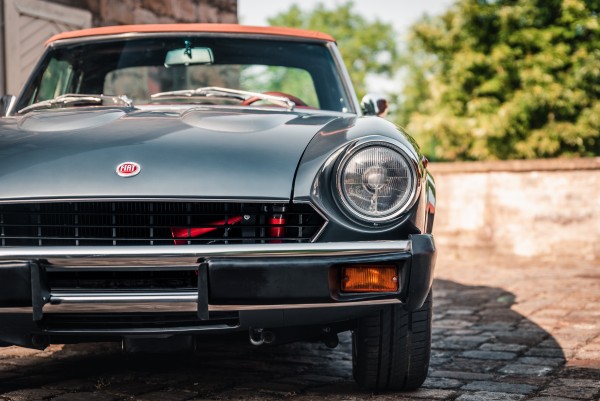When Does a Car Become a Classic?
When does a car become a classic? The answer is crucial because it impacts how a car is treated by governments, insurers, and even classic car clubs. Definitions vary across countries, but there are legal thresholds that matter. Here's what they are, and why they exist.
Defining a Classic Car in Germany and Europe
In Germany, a vehicle officially becomes a “classic” or Oldtimer when it hits 30 years of age. It’s tied to a legal definition that allows for special historic vehicle registration. This comes with tax advantages, exemptions from some environmental rules, and lower insurance—assuming the car is in good condition and close to its original state.
Across continental Europe, definitions vary slightly, but most countries follow a similar approach. Age thresholds are usually set between 20 to 30 years and are supported by criteria around originality, historical significance, and preservation. These legal definitions aren't just bureaucratic—they’re designed to protect cultural assets and ensure that well-maintained vehicles remain part of our shared automotive heritage.
Benefits of Owning a Classic Car
Owning a classic car isn’t just about looking cool or showing off at events; there are practical advantages too. Beyond the tax benefits and insurance advantages, classic cars often increase in value over time, making them a solid investment if properly maintained. Plus, for many owners, driving a classic car is more about the experience—feeling the road through a piece of history, enjoying the unique craftsmanship, and connecting with a passionate community of like-minded enthusiasts.
-
Cultural and Historical Value:
A classic car is a piece of history. Its design and engineering tell a story of its era, and preserving it contributes to a broader understanding of automotive evolution.
-
Registration Benefits:
In Germany, vehicles that are at least 30 years old can receive an "H" (historic) license plate which comes with benefits such as reduced vehicle tax and access to environmental zones without additional restrictions. Many other European countries offer similar advantages for classic cars, though the specific regulations and age thresholds can vary.
-
Insurance Advantages:
When a car qualifies as a classic, it opens up access to specialized classic car insurance policies. These are often more affordable because the insurance is based on the vehicle’s limited use and historical value. Insurers will typically offer an agreed value policy—meaning both the owner and the insurer agree on the vehicle's worth, often resulting in a fair payout if something happens to the car
-
Community and Prestige:
For many owners, reaching classic status also means becoming part of a wider community. They host exclusive events, organize drives and provide opportunities to network with other collectors and enthusiasts. If you're looking to get involved, we've gathered a list of clubs for Fiat classics.
The Future of Classic Car Culture
Innovations in restoration and digital tracking are transforming the classic car market. Advances in maintaining accurate records and ensuring parts authenticity are making it easier to preserve these vehicles, which in turn enhances their value. As regulations evolve, the criteria for classic cars may become more specific, but the focus will always remain on preserving automotive history with modern efficiency.
Final Thoughts
Owning a classic car is not only a rewarding experience but also a practical decision that can offer financial benefits, a unique driving experience, and a connection to a passionate community. With the right knowledge of registration, insurance, and maintenance, owning a classic can be both an investment and a lifestyle.

